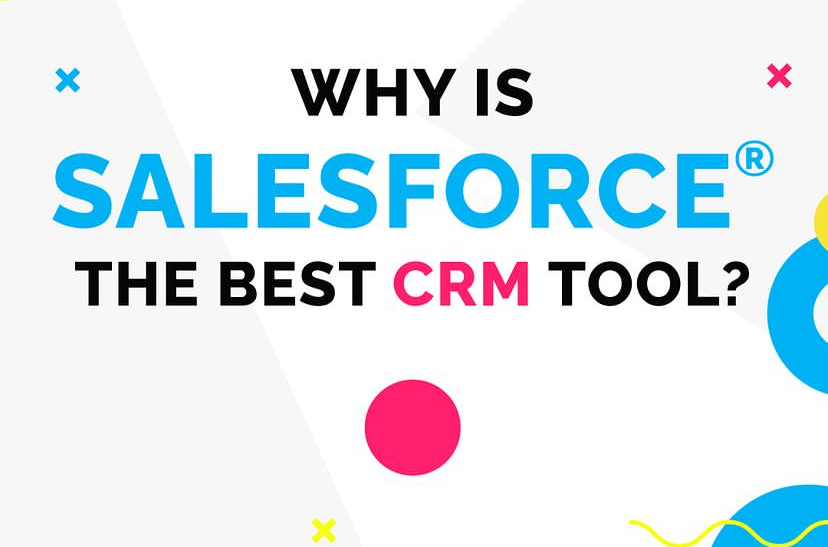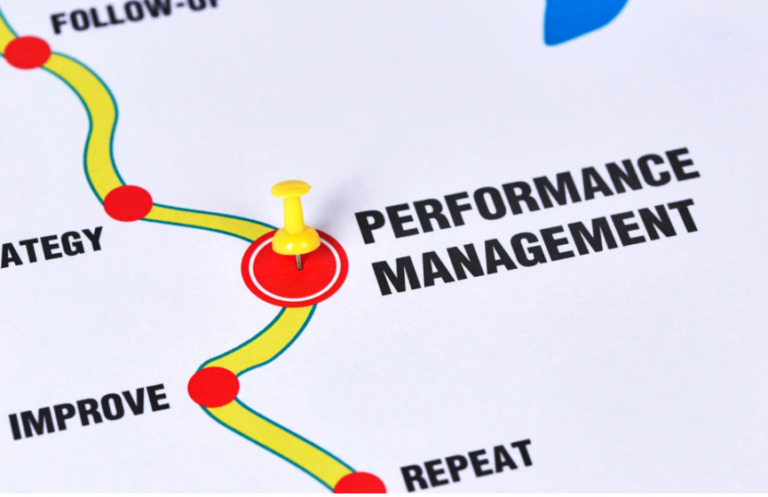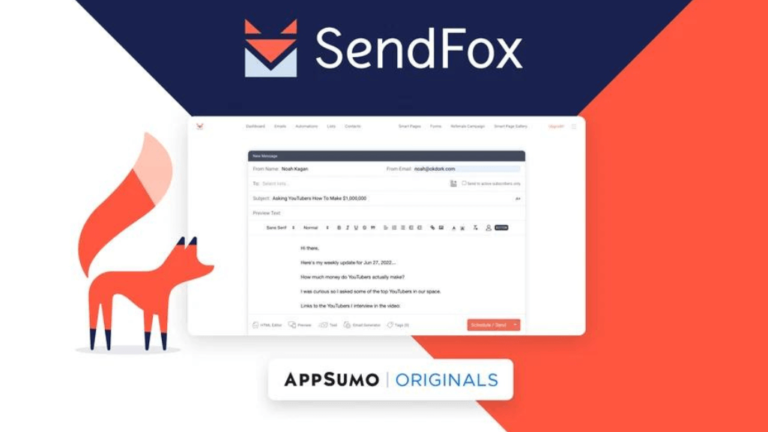Why Salesforce is the Best CRM Tool for Your Business
When it comes to managing customer relationships, choosing the right CRM tool can feel like choosing the right weapon in a fight against evil. There are plenty of options out there, but Salesforce stands out as the ultimate choice for businesses of all sizes. Let’s dive into the reasons why Salesforce reigns supreme in the CRM arena.
Understanding CRM and Its Importance
First things first, let’s talk about what CRM is. CRM stands for Customer Relationship Management. It’s a strategy that helps businesses manage their interactions with current and potential customers. A good CRM tool streamlines processes, improves profitability, and boosts customer satisfaction.
But why is that important? Well, think of it this way. In a world full of competition, keeping your customers happy is key to staying ahead. A solid CRM solution like Salesforce helps businesses build lasting relationships, track customer behavior, and personalize communication. It’s like having a trusty sidekick, always ready to support your mission.
Key Features of Salesforce
Salesforce offers a treasure trove of features that make it the best CRM tool. Let’s explore some of the standout elements.
1. Customization and Flexibility
One of the biggest strengths of Salesforce is its ability to adapt to your unique business needs. You can customize dashboards, reports, and workflows to fit your operations. This flexibility means you can create a system that works for you, rather than forcing your business to adapt to a rigid tool.
2. Comprehensive Sales Tools
Salesforce provides a suite of tools designed to enhance sales processes. From lead tracking to opportunity management, it covers all bases. You can automate tasks, set reminders, and track progress, ensuring no lead falls through the cracks.
3. Marketing Automation
Salesforce isn’t just about sales; it also excels in marketing automation. With features like email marketing, campaign management, and social media integration, you can engage with customers in a meaningful way. You can segment your audience and deliver targeted content, boosting your marketing efforts.
4. Analytics and Reporting
Data is power. Salesforce provides robust analytics and reporting features that help you make informed decisions. You can analyze sales trends, track customer behavior, and measure campaign effectiveness. This data-driven approach allows you to adapt strategies for better results.
5. Integration Capabilities
Salesforce plays well with others. It integrates seamlessly with various third-party applications, including email platforms, accounting software, and more. This means you can centralize your operations and avoid the hassle of switching between different tools.
6. Mobile Access
In today’s fast-paced world, you need access to your CRM on the go. Salesforce offers a mobile app that allows you to manage customer relationships anytime, anywhere. Whether you’re in the office or out in the field, you can stay connected and keep your sales pipeline moving.
The Benefits of Using Salesforce
Now that we’ve covered the features, let’s look at the benefits of using Salesforce for your business.
1. Improved Customer Relationships
With Salesforce, you can maintain a complete view of each customer. This includes their purchase history, preferences, and interactions with your business. Such insights allow you to provide personalized service, enhancing customer satisfaction and loyalty.
2. Increased Efficiency
Salesforce streamlines various processes, making your team more efficient. Automation features reduce manual tasks, allowing your staff to focus on building relationships rather than getting bogged down in paperwork. This efficiency translates into increased productivity and higher sales.
3. Enhanced Collaboration
Collaboration is crucial for any team. Salesforce fosters teamwork by allowing multiple users to access and update customer information. You can share notes, track communications, and collaborate on opportunities. This ensures everyone is on the same page, working towards common goals.
4. Scalability
As your business grows, so do your needs. Salesforce scales with you. Whether you have ten employees or a hundred, it can accommodate your expanding operations. You can add new features and users as needed, ensuring you always have the right tools for your team.
5. Strong Security Measures
Customer data is sensitive, and protecting it is paramount. Salesforce employs robust security measures, including data encryption and user authentication. You can rest easy knowing your customers’ information is safe and secure.
6. Excellent Customer Support
Salesforce is known for its exceptional customer support. Whether you have a question or need assistance, their team is available to help. You can access a wealth of resources, including tutorials, community forums, and direct support.
Use Cases for Salesforce
Salesforce isn’t just a one-size-fits-all solution. It can be tailored for various industries and use cases. Here are a few examples.
1. Retail
In the retail industry, Salesforce helps businesses manage customer data and track purchases. This enables personalized marketing efforts and enhances customer experiences. Retailers can also analyze sales trends to make data-driven decisions.
2. Healthcare
For healthcare providers, Salesforce offers solutions to manage patient interactions and streamline administrative processes. It helps track patient information, appointments, and follow-ups, improving overall patient care.
3. Financial Services
Financial institutions use Salesforce to manage client relationships and track financial transactions. It helps advisors provide personalized service based on client goals and preferences. Compliance features also ensure that institutions meet regulatory requirements.
4. Nonprofits
Nonprofits can leverage Salesforce to manage donor relationships and track fundraising efforts. The platform helps organizations engage with supporters and analyze donation patterns, allowing them to tailor campaigns for better results.
5. Technology
Technology companies can utilize Salesforce for product management and customer support. The platform allows teams to track product issues, manage support tickets, and gather feedback, ensuring continuous improvement.
Pricing Structure of Salesforce
Understanding the pricing structure of Salesforce is essential when considering it for your business. Salesforce offers several pricing plans to accommodate various needs.
1. Essentials
The Essentials plan is designed for small businesses. It offers basic CRM features at an affordable price. This plan is perfect for teams looking to get started with CRM without a hefty investment.
2. Professional
The Professional plan provides more advanced features and customization options. It’s suitable for growing businesses that need additional capabilities to manage their sales processes effectively.
3. Enterprise
The Enterprise plan is geared toward larger organizations with complex needs. It includes extensive customization options, advanced reporting, and enhanced support. This plan is ideal for businesses looking for a comprehensive CRM solution.
4. Unlimited
For businesses that require maximum flexibility and support, the Unlimited plan offers everything Salesforce has to offer. This plan includes unlimited customization, extensive training resources, and priority support.
Getting Started with Salesforce
So, you’re convinced Salesforce is the best CRM tool. Now what? Here’s a quick guide to getting started.
1. Define Your Goals
Before diving in, outline your objectives. What do you want to achieve with your CRM? Understanding your goals will help you tailor Salesforce to meet your specific needs.
2. Choose the Right Plan
Review the pricing plans and choose one that fits your budget and requirements. Consider the features you need and how many users will be accessing the system.
3. Customize Your Dashboard
Take advantage of Salesforce’s customization options. Set up your dashboard to display the most relevant metrics and information for your team. This will streamline your workflow and improve efficiency.
4. Train Your Team
Invest time in training your team on how to use Salesforce effectively. Utilize available resources, such as tutorials and webinars, to ensure everyone is comfortable with the system.
5. Monitor and Adjust
Once you’ve implemented Salesforce, monitor its performance regularly. Gather feedback from your team and make adjustments as necessary. Continuously optimizing your CRM will help you get the most out of it.
Conclusion
Salesforce is not just a CRM tool; it’s a game-changer for businesses looking to improve customer relationships and streamline operations. With its extensive features, customization options, and scalability, it caters to businesses of all sizes and industries.
By investing in Salesforce, you’re not just adopting a software solution; you’re embracing a powerful strategy for success. So gear up, take the plunge, and let Salesforce help you conquer your customer relationship challenges. With the right tools, you’ll be ready to tackle any obstacle that comes your way.







